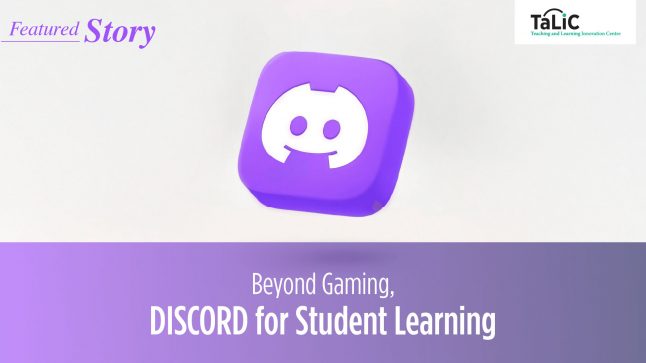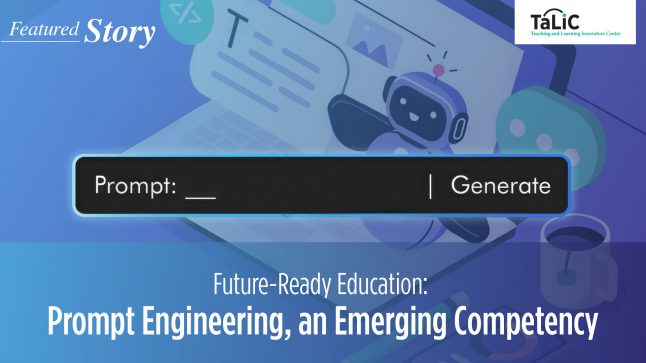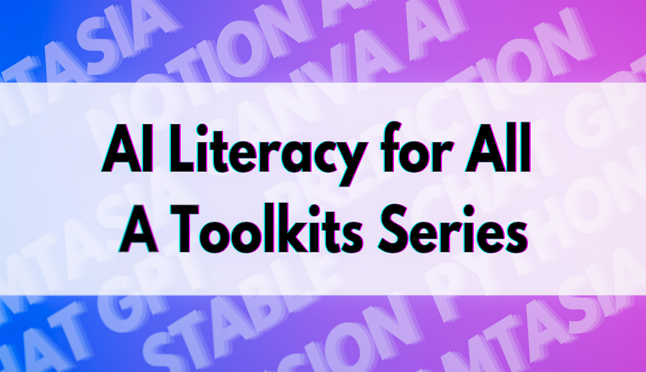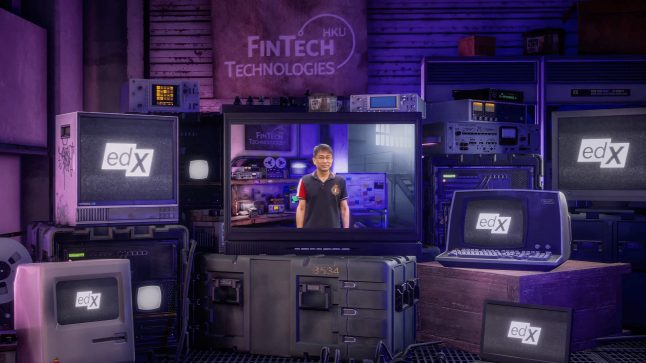
Click here if you cannot access Youtube.
Introduction to the course (Course outline)
University Teaching is an introductory MOOC on teaching and learning in tertiary education, designed by staff at CETL and offered through Coursera. Whether you have just started your first university teaching post, you are thinking about becoming a university teacher, or you just have an interest in understanding the essentials of university teaching, this course is definitely for you.
University Teaching will help you to address the following questions:
- What is it like teaching in higher education?
- What does research evidence tell us about effective teaching in higher education?
- How can we ensure that our instructional design helps our students achieve their intended learning outcomes?
- What pedagogic options do we have to make our teaching successful?
- What assessment and feedback practices can help our students learn effectively?
With input from instructors, guest speakers and interviewees, including teaching award winners, students and experts in the fields, you will be exposed to research evidence in relation to effective university teaching and instructional design. Throughout the course, you will learn from teachers whose teaching has been judged to be excellent, and you will see many examples of their teaching in practice.
After completing the learning tasks in this course, you will be able to:
- Discuss the teaching and learning context in higher education and reflect on the challenges and opportunities you might encounter as a university teacher.
- Explain key teaching and learning concepts and relevant evidence in relation to effective university teaching.
- Analyse the relationships between various aspects of teaching and student learning.
- Identify a range of instructional strategies to support effective student learning.
- Apply key concepts to the structuring of course outlines and lesson plans in order to support successful student learning.
Join our professional development community on Facebook
Check out our University Teaching Facebook page for updates and extra content on teaching and learning!











